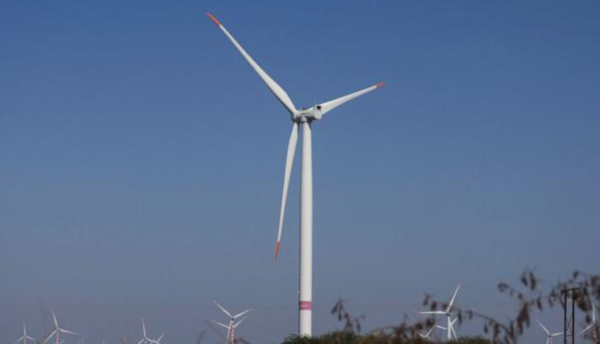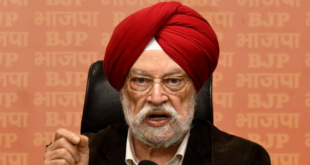 Dr.Seema Javed
Dr.Seema Javed
India has reached a major clean energy target five years ahead of schedule, with half of the nation’s total power generation capacity now coming from non-fossil fuel sources. Out of 484.8GW of total installed capacity, 242.8 GW is now based on renewable or low-carbon sources, according to the Ministry of New and Renewable Energy.
Mohit Bhargava, Former CEO, NTPC Green Energy Ltd said:
India is one of the leading countries which have achieved this feat, better than most developed nations. The aggressive non fossil fuel capacity addition is a positive example for the world to follow. Policy push coupled with entrepreneurial spirit of India Inc has been instrumental in achieving this growth.
India has set an ambitious target of setting up 500GW of renewable energy-based electricity generation by 2030, under the Paris Agreement.
This early achievement – reaching 50% non-fossil fuel capacity five years ahead of target – underscores India’s stature as a clean energy leader. While the country’s per capita emissions at one-third of the global average, remain among the lowest, India is one of the few G20 countries that are on track to meet its commitments made under the Nationally Determined Contributions. Looking ahead, the transition will now need to focus on strengthening the transmission grid and scaling up battery and pumped hydro storage.
Aarti Khosla, Founder and Director, Climate Trends said that-
India’s renewable energy surge is good progress. Timely interventions for renewables, like the waiver of Inter-State Transmission System (ISTS) charges and regular auctions, have elevated India’s commitment to sustainability, and today it has the world’s third-largest solar power capacity.
The country’s installed capacity includes 49.92% of thermal capacity, 1.81% of nuclear and 48.27% of renewable energy including large hydropower as of June 30, 2025, the MNRE statement said.
India’s clean energy surge has been backed by targeted schemes including the PM-KUSUM, the PM Surya Ghar: Muft Bijli Yojana, the National Wind Solar Hybrid Policy and large scale solar parks development.

Saurabh Kumar, Vice President, GEAPP :
India’s ambitious climate goals announced in 2021 by the Hon’ble PM have demonstrated the bold vision by meticulous planning, enabling new investments in clean energy and stimulating public participation (Jan Bhagidari) in schemes like PM Surya Bhar Muft Bijli Yojana, PM KUSUM. The impact is clearly visible as the nation achieves 50% of non-fossil fuel capacity 5 years ahead of schedule. India is demonstrating a new development paradigm for the entire global south and it is time for other nations to emulate similar actions.
 Jubilee Post News & Views
Jubilee Post News & Views





